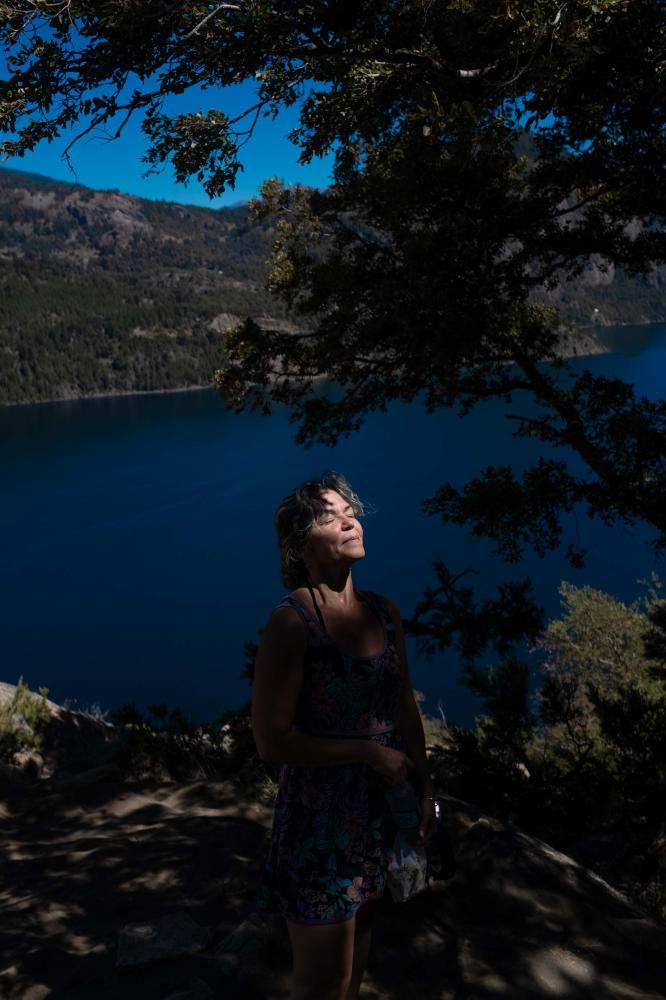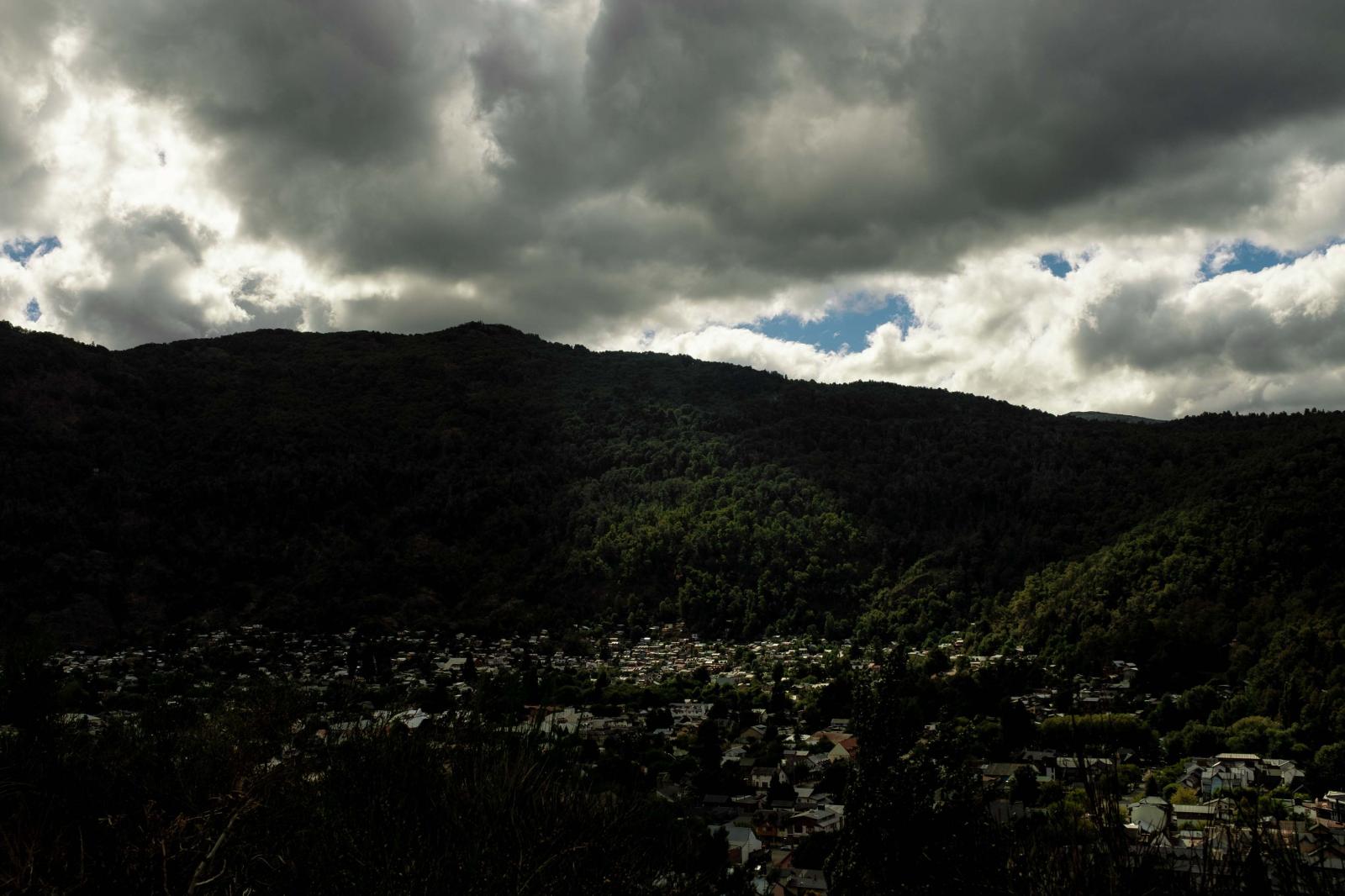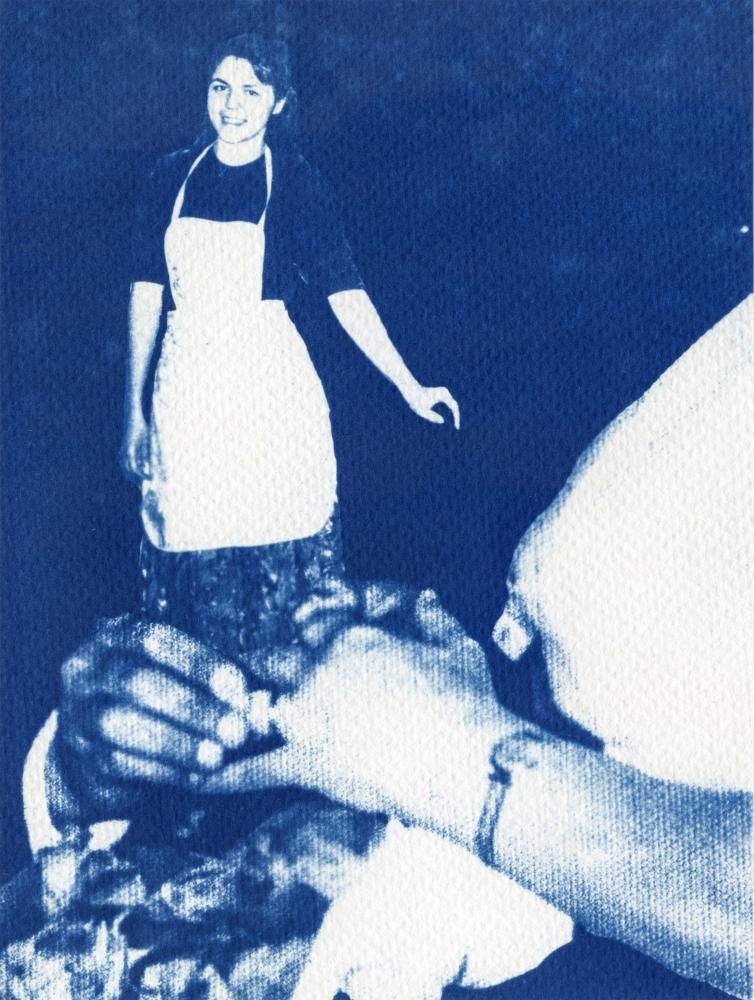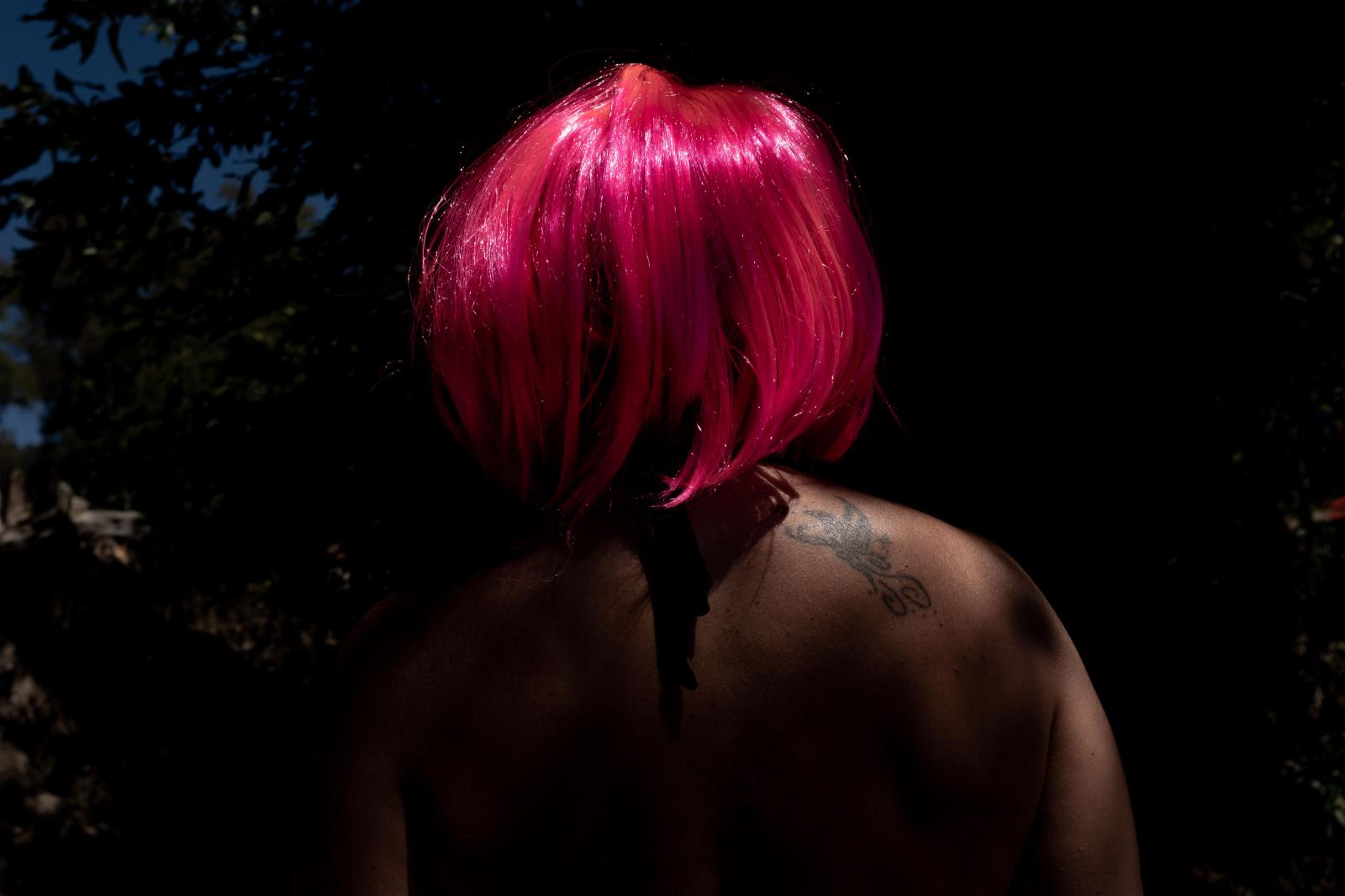Public Project
The Turning Point
Summary
Through a photographic story and a written chronicle, the project articulates a set of profiles and life stories of women of all ages and backgrounds, in the provinces of Neuquen, Cordoba and Tucuman, focusing on their processes of change, individual and collective, their emancipation to become supporters at different levels of the legalization of abortion. The idea is to understand what were the turning points for them, Facts, encounters, words that marked a before and an after, and how these women became hinges in their territories and environments.
Through a photographic story and a written chronicle, the project articulates a set of profiles and life stories of women of all ages and backgrounds, in the provinces of Neuquen, Cordoba and Tucuman, focusing on their processes of change, individual and collective, their emancipation to become supporters at different levels of the legalization of abortion. The idea is to understand what were the turning points for them, Facts, encounters, words that marked a before and an after, and how these women became hinges in their territories and environments.
This project was inspired by the impact hat it generated me to hear in 2018 and 2020, deputies and senators who by supporting the bill broke with their environment, whether political, religious, territorial or cultural and the curiosity to know what had been their path, their process to cross, in spite of everything, to the other side.
Collecting the voices and paths of these women is a way to speak about this urgent topic to a broader audience and another part of the society, the one that is immersed in doubts and contradictions around the legalization. A story to share with our aunts, cousins, mothers and take the discussion to another level, the one of the personal process of many women with whom we can identify thinking that more than a division, there is a possible movement between both sides through slow processes of deconstruction and construction.
With the support of the IWMF
Maria Ines Farias, San Martin de Los Andes
1968 resuena en la memoria colectiva como evocación de los aires de libertad y rebelión que batieron en varios países, de la Primavera de Praga al Mayo Francés. Era un espíritu de cambio lejano del contexto en que nació ese año María Inés Farías, en el seno de una familia religiosa y tradicional de Tucumán, norte de Argentina, poco antes del inicio de la dictadura militar en 1976.Sin embargo, la rebelión, la búsqueda por romper un orden impuesto poco a poco llegarían a su vida, hasta convertirla en una reconocida militante por el derecho al aborto y su legalización en la Patagonia argentina.
5,259
















